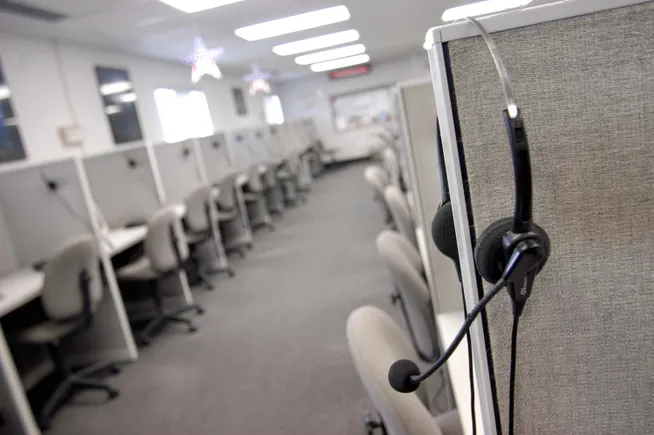Get the latest tech news
Fewer H-1B Visas Did Not Mean More Employment for Natives (2017)
Changes in H-1B visa availability instituted beginning in 2004 resulted in a greater concentration of India-born workers in computer-related fields. In response to concerns that foreign workers were taking jobs from Americans, especially in high-technology fields, Congress declined to renew previous temporary increases, which reduced the annual quota on new H-1B visas from 195,000 to 65,000, beginning with fiscal year 2004.
In response to concerns that foreign workers were taking jobs from Americans, especially in high-technology fields, Congress declined to renew previous temporary increases, which reduced the annual quota on new H-1B visas from 195,000 to 65,000, beginning with fiscal year 2004. A study by Anna Maria Mayda, Francesc Ortega, Giovanni Peri, Kevin Shih, and Chad Sparber, based on data for the fiscal years 2002-09, finds that the reduced cap did not increase the hiring of U.S. workers. This proved especially advantageous in fiscal years 2008 and 2009, when demand for visas was so high that the number of applications exceeded the quota level within the first week and the government resorted to a computerized random lottery system to allocate them.
Or read this on Hacker News

